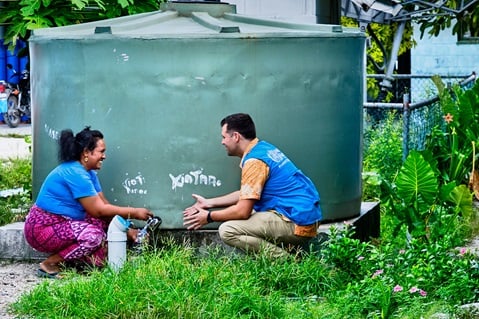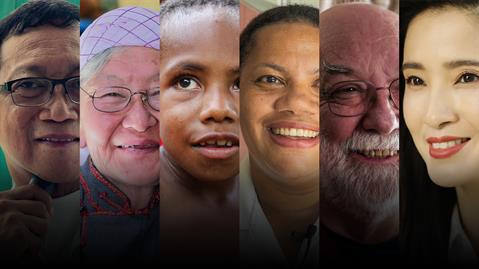Taking action on the social determinants of health
The social determinants of health are the conditions in which people are born, grow, live, work and age, and also includes the health system. These circumstances are shaped by the distribution of money, power and resources at global, national and local levels, which are themselves influenced by policy choices.
Social determinants of health are often responsible for health inequities – the unfair and avoidable differences in health status seen within and between countries. Beyond the immediate health outcomes, these health inequities have broader societal implications, perpetuating cycles of poverty and limiting opportunities for educational and economic advancement.
Addressing health inequities and their social determinants of health in the Western Pacific Region is not only a matter of public health but also a crucial step toward fostering a more just and inclusive society, with potential long-term benefits for both individuals, their families and society at large.
WHO in the Western Pacific supports Member States in taking action on their social determinants of health by:
- Building capacity at national and local level to measure health inequities and their social determinants within and across countries and establishing regional and national monitoring systems.
- Designing and implementing strategies and programmes to address health inequities and their social determinants.
- Building investment cases for action on the social determinants of health.
- Calculating the economic footprint of the health system, including in deprived areas.
- Working to meaningful engage with diverse and representative communities and sectors for health.
- Fostering and facilitating knowledge exchange among Member States and relevant stakeholders on best practices for intersectoral action on how to identify and address health inequities.









